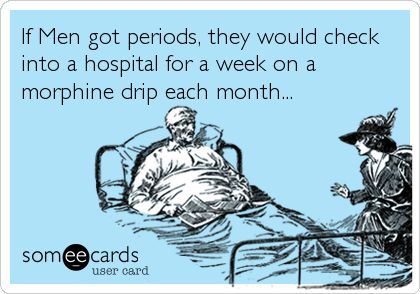Today’s society puts such a big emphasis on the human body. With so many people wanting to have the perfect abs or toned arms, we tend to think that we need to be just like how the media portrays the body. After doing this week’s readings I was able to look more into how we, as a society, have come to put such an emphasis on having this perfect physique.
One large part of how the media affects our view of the body is misrepresentation. In “Fashionable Resistance,” Connell writes, ” Fashion blogs are myriad—at least two million by some counts (Rocamora 2012); fat fashion, or ‘fatshion’ blogs are a small but considerable subset of these. Another subset of fashion blogs focuses on fashion for queer people, and yet another even smaller subset focuses specifically on fashion for femme-identified queers, meaning those who claim a feminine gender identity or expression” (Connell 211). Connell makes this point because there is little to no representation for women who do not fit the description of society’s ideal woman. The Representation Project posted a video in 2013 talking about all the ways the media has failed women, putting a large emphasis on how they are oversexualized and, more importantly, they all tend to have an unrealistic body that doesn’t represent the average woman.
Another large aspect of how society has pressured women is how we have made menstruation–something that is a natural occurrence in women–seem like it it the worst thing ever. This is because we live in a patriarchal society, so anything that doesn’t happen to a man is thought to be gross and demeaning. But what if men had periods?

There are some people, like the author of the Someecard above, that have found a more joking and playful look at it. However, in “If Men Could Menstruate” Steinem writes, “[Men] would insist that women are equal, just different, and that any woman could enter their ranks if she were willing to self-inflict a major wound every month…recognize the preeminence of menstrual issues, or subordinate her selfness to all men in their Cycle of Enlightenment” (Steinem 1). This shows that if something like menstruation were to happen to men, our society would not put them down like it currently does to women for something that naturally happens in their bodies.
Finally, our society doesn’t just pressure women about their body. Men have been exposed to the same pressures as women to have a perfect body. With many athletes and actors being important figures to us, we compare ourselves to these perfect physiques that are sometimes unobtainable. The Huffington Post reported in their article “Be A Man: Macho Advertising Promotes Hyper-Masculine Behavior, Study Finds” that studies have shown that men exposed to pictures of fit and muscular men tend to feel worse about their body. There are even articles like “5 Reasons Why You’ll Never Look Like A Hollywood Celebrity” that go into more detail about what actors do to obtain society’s perfect body and how that is unrealistic and that we shouldn’t be comparing ourselves to these people.
All in all, I feel as if these readings just enforced what I already felt about how society treats the human body. With so much pressure to fit the stereotype of having a perfect body it can be harmful to people’s mental state and self-esteem. I hope that in the future we start to put more emphasis on body positivity and show people that you don’t need to have a six-pack to be perfect.
Citation:
Be A Man: Macho Advertising Promotes Hyper-Masculine Behavior, Study Finds. (2013). Retrieved from http://www.huffingtonpost.com/2013/05/07/be-a-man-macho-hypermasculine-advertising_n_3230402.html
Connell, C. (2012). Fashionable Resistance: Queer “Fa(t)shion” Blogging as Counterdiscourse. Women’s Studies Quarterly, 41, 209-224.
Steinem, G. (1978). If Men Could Menstruate. Ms. Magazine.
